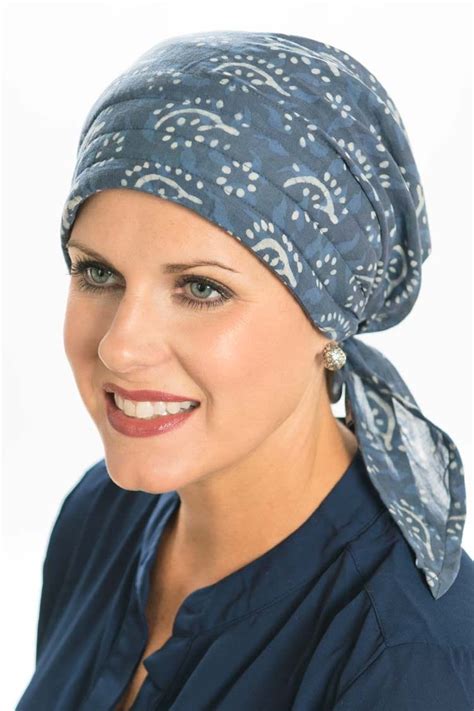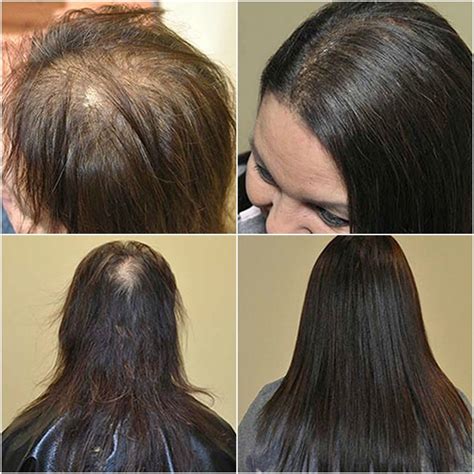Thinning hair is a common problem that affects millions of people worldwide. It can be caused by a variety of factors, including genetics, aging, hormonal changes, and medical conditions. While there are a number of treatments available for thinning hair, hair extensions offer a quick and effective way to add volume and fullness.

What are Hair Extensions?
Hair extensions are synthetic or human hair strands that are attached to your natural hair to add length, volume, or color. They come in a variety of textures, lengths, and colors, so you can find the perfect match for your own hair. Hair extensions can be attached using a variety of methods, including clips, glue, and tape.
Benefits of Hair Extensions for Thin Hair
Hair extensions offer a number of benefits for people with thinning hair, including:
- Increased volume and fullness: Hair extensions can instantly add volume and fullness to your hair, making it look thicker and healthier.
- Longer hair: Hair extensions can help you achieve the long, flowing hair you’ve always wanted.
- More styling options: Hair extensions can be styled in a variety of ways, giving you more options for creating different looks.
- Improved confidence: Hair extensions can help you feel more confident about your appearance, which can lead to a more positive self-image.
Types of Hair Extensions
There are many different types of hair extensions available, including:
- Clip-in extensions: Clip-in extensions are the most popular type of hair extensions because they are easy to apply and remove. They are attached to your hair using small clips.
- Glue-in extensions: Glue-in extensions are more permanent than clip-in extensions, but they can also be more damaging to your hair. They are attached to your hair using a special glue.
- Tape-in extensions: Tape-in extensions are another type of semi-permanent hair extensions. They are attached to your hair using a double-sided tape.
- Sew-in extensions: Sew-in extensions are the most permanent type of hair extensions. They are attached to your hair using a needle and thread.
Choosing the Right Hair Extensions
When choosing hair extensions, it is important to consider the following factors:
- Your hair type: The type of hair extensions you choose will depend on your own hair type. If you have fine hair, you will need to choose extensions that are lightweight and won’t damage your hair. If you have thick hair, you can choose extensions that are heavier and more durable.
- Your budget: Hair extensions can range in price from a few hundred dollars to several thousand dollars. It is important to set a budget before you start shopping for extensions.
- Your lifestyle: If you are active or have a busy lifestyle, you will need to choose extensions that are easy to care for and style.
Applying Hair Extensions
Once you have chosen the right hair extensions, you will need to have them applied by a professional stylist. The stylist will match the extensions to your own hair color and texture, and they will attach them using the appropriate method.
Caring for Hair Extensions
Hair extensions require special care to keep them looking their best. Here are a few tips for caring for hair extensions:
- Wash your hair regularly: You should wash your hair every 2-3 days to remove dirt and oil. Use a gentle shampoo and conditioner, and avoid using hot water.
- Brush your hair gently: Brush your hair gently to avoid tangles. Use a wide-toothed comb or a brush specifically designed for hair extensions.
- Avoid heat styling: Heat styling can damage hair extensions. If you must use heat styling tools, use them on a low setting and avoid using them directly on the extensions.
- Get regular trims: You should get your hair extensions trimmed every 6-8 weeks to remove split ends.
Common Mistakes to Avoid
When it comes to hair extensions, there are a few common mistakes to avoid:
- Choosing the wrong type of extensions: It is important to choose hair extensions that are right for your hair type and lifestyle. If you choose the wrong type of extensions, they can damage your hair or look unnatural.
- Over-washing your hair: Washing your hair too often can strip it of its natural oils, which can make it weak and brittle. Wash your hair every 2-3 days, or as needed.
- Brushing your hair too hard: Brushing your hair too hard can cause tangles and breakage. Use a wide-toothed comb or a brush specifically designed for hair extensions.
- Using too much heat: Heat styling can damage hair extensions. If you must use heat styling tools, use them on a low setting and avoid using them directly on the extensions.
- Getting regular trims: You should get your hair extensions trimmed every 6-8 weeks to remove split ends. If you don’t get your extensions trimmed regularly, they can become frizzy and tangled.
FAQs
Here are a few frequently asked questions about hair extensions:
- Are hair extensions damaging to my hair? Hair extensions can be damaging to your hair if they are not applied or cared for properly. It is important to choose the right type of extensions and to have them applied by a professional stylist.
- How long do hair extensions last? Hair extensions can last anywhere from 3 to 6 months, depending on the type of extensions and how well you care for them.
- Can I style my hair extensions? Yes, you can style your hair extensions, but you should use heat styling tools on a low setting. Avoid using heat directly on the extensions.
- Can I swim with hair extensions? Yes, you can swim with hair extensions, but you should wear a swim cap to protect them from chlorine.
- Can I sleep with hair extensions? Yes, you can sleep with hair extensions, but you should braid your hair to prevent tangles.
- Do hair extensions require special care? Yes, hair extensions require special care to keep them looking their best. You should wash your hair regularly, brush it gently, avoid heat styling, and get regular trims.
